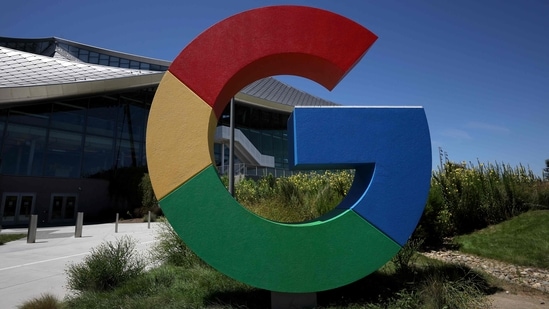Google was recently found to have violated antitrust laws by unlawfully maintaining a monopoly in internet search, and now, the focus has shifted to determining how to rectify these violations. The Justice Department, along with state attorneys general involved in the case, is deliberating on potential remedies to propose to a federal judge.

Now, according to Bloomberg these proposals could include significant measures such as breaking up parts of Google’s business, including its Chrome browser or Android operating system.
Other potential solutions being considered involve requiring Google to share its data with competitors or forcing the company to relinquish deals that make its search engine the default option on popular devices like the iPhone. These discussions, which remain confidential, have also involved consultations with other companies and experts to gather input on how best to limit Google’s power.
These deliberations are still in the preliminary stages. U.S. District Judge Amit P. Mehta, who is overseeing the case, has instructed both the Justice Department and Google to establish a process for determining appropriate remedies by September 4. A follow-up hearing to discuss the next steps is scheduled for September 6.
US Judge’s decision threatens Google’s core business
The recent ruling that Google holds a monopoly is a significant antitrust decision, raising broader concerns about the power of major tech companies in the modern digital landscape. Other tech giants, such as Apple, Amazon, and Meta (the parent company of Facebook and Instagram), are also facing antitrust scrutiny. Google is preparing for another antitrust trial next month, this one related to its advertising technology. The outcomes of these cases are expected to have far-reaching implications across the tech industry.
The stakes for Google are exceptionally high. The company, valued at $2 trillion, has built its empire largely on its search engine and the online advertising business that supports it. Judge Mehta’s ruling has the potential to dramatically reshape Google’s core business or force the company to abandon long-standing practices that have reinforced its dominance. In 2023 alone, Google generated $175 billion in revenue from its search engine and related businesses.
“The Justice Department is evaluating the court’s decision,” a spokesperson for the agency said in a statement. “No decisions have been made at this time.”
Bloomberg News first reported the details of these deliberations.
ALSO READ| Kamala Harris and running mate Tim Walz to begin Pennsylvania bus tour on…
Breaking up Google? The possibilities and implications of antitrust remedies
In a 2000 precedent, a federal judge ruled against Microsoft and initially ordered the company to be split up. Although the breakup was later reversed on appeal, key legal findings were upheld, leading to significant changes in Microsoft’s business practices. These changes, in turn, created opportunities for emerging companies like Google to flourish.
The antitrust case against Google was initiated in 2020 by the Justice Department and a coalition of states. It went to trial last year alongside a similar lawsuit brought by another group of state attorneys general.
On August 5, Judge Mehta ruled that Google had illegally maintained its monopoly over general online search services and certain search-related advertisements. He agreed with the government’s argument that Google had created a self-perpetuating cycle of dominance, stifling competition and allowing the company to inflate ad prices beyond what would be possible in a free market.
Judge Mehta noted that the billions of dollars Google paid to companies like Apple and Mozilla to ensure that its search engine remained the default option on devices like the iPhone and browsers like Firefox were central to this cycle.
In response to the ruling, the Justice Department and state attorneys general have been carefully considering what they can reasonably ask Judge Mehta to do, given the specifics of his decision. Google’s competitors and critics have also offered their perspectives. DuckDuckGo, a smaller search engine company that claims to have been harmed by Google’s dominance, publicly proposed several measures to level the playing field.
DuckDuckGo suggested that the government should prohibit agreements that make Google’s search engine the default option on devices, grant competitors access to Google’s search and ad data, provide consumers with easier options to switch search engines and educate the public on how to choose a different search engine.
“There is no silver bullet,” DuckDuckGo said in a statement. “Truly fixing the entrenched competitive imbalance that Google’s default advantage has afforded them will require a mixture of interventions.”





